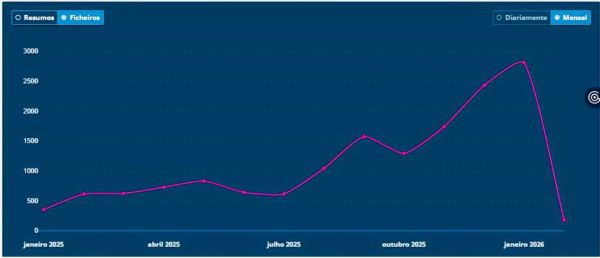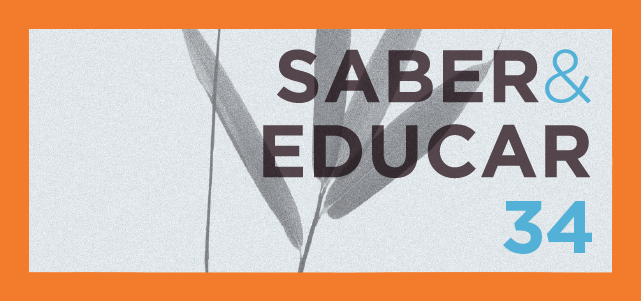Impacto Revista Saber & Educar
A revista Saber & Educar, editada pela Escola Superior de Educação de Paula Frassinetti (ESEPF), afirma‑se como um espaço relevante de disseminação científica na área da Educação.
Os dados estatísticos evidenciam um impacto significativo, refletindo a visibilidade e o interesse da comunidade académica. estatisticaSeE.png

A diversidade de autores, a pluralidade linguística e a pertinência dos temas publicados reforçam a contribuição da Saber & Educar para a cultura científica da ESEPF e para a sua projeção nacional e internacional.
Convidamos à consulta do número atual e dos números anteriores da revista.





